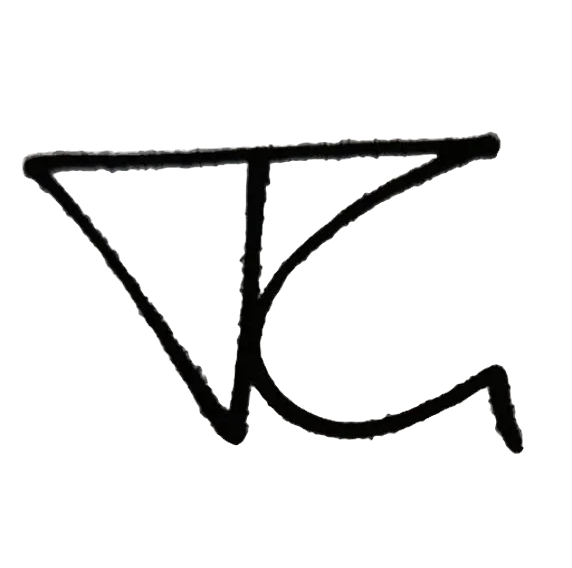Already free - Sam Harris Daily Meditation 2022.08.26
- Till Gebel
- Aug 26, 2022
- 3 min read
Updated: Oct 2, 2022
Comments and Expansion

Sam Harris
The mind is already free
This phrase may create resistance, because in the West, aren´t we all conditioned by our past (multigenerational trauma), our parents, and all the suffering and inner constraints that come with social conditioning?
Don´t we have to free ourselves of our shackles first to become free?
Yes, and there is truth to it from the Western developmental theory.
But Sam Harris, in the Dzogchen tradition, looks at it from this point: there is nothing that could not be free - because the very thing that is said to be unfree, the Self, does not even exist independently, it is an illusion, an appearance in consciousness just like the appearance of a pain in the knee. Or an orgasm, to be fair.
So, there is nothing to be freed. There is only this vast expanse of consciousness that is not touched by anything. Boundless, changeless, timeless, like space.
Once we recognize that and see that what appears in that space arises all by itself and is not "me", the bondage (to the content of our thoughts and emotions and sensations) is over, in principle.
Bruce Tift's "Already Free"
This phrase let me think of one of the best books by a Western therapist who combines Eastern Buddhism (of the Dzogchen tradition) and Western developmental psychology.
It has this title: "Already Free: Buddhism Meets Psychotherapy on the Path of Liberation."
This is a core idea: other than Western developmental psychology, Buddhism postulates that the concept of a "problem" is moot; it is usually a self-created concept that can be let go of by looking at the way we created it in our mind. Furthermore, it has been created by a Self that doesn´t exist, that is an illusion, a fabrication. No Self - no concept - no problem - already free!
However, Bruce Tift admits that he has not found a way to combine Buddhism and Western developmental theory into one integrated construct. Instead, he postulates that these are two views, two lenses through which we can look, depending on what is needed. They are not exclusive, but complementary.
Thus, the mind is not free from the Western perspective, and simultaneously free from the Eastern perspective.
Ken Wilber - the third turning of the Dharma Wheel
And, it may not always work as the old Buddhists thought. They were not familiar with trauma, attachment, "the body keeps the score" etc. But, it's always worth taking that lens to check whether it's as bad as we imagine.
Thus, perhaps, pure Dzogchen (which postulates the non-existence of the Self as an experiential reality, not as a theory), in practice needs to be complemented by Western psychology. This is Ken Wilber´s "Fourth Turning of the Dharma Wheel". One of the teachers who has implemented it in practice is (was) Daniel P Brown, who set up the tradition and teaching methods of "Pointing Out the Great Way". His retreats (and, I suppose, the retreats run by Dustin DiPerna as his successor), integrated attachment theory, trauma theory and general development theory of the human mind (e.g. Piaget). (Gebel, 2021f)
Resources
Rob Burbea (Seeing that Frees)
Burbea, R. (2015). Seeing That Frees: Meditations on Emptiness and Dependent Arising (English Edition) [E-book]. Hermes Amāra. https://www.amazon.de/dp/B00SI7PQD8
This book is praised by Michael Taft, one of the best contemporary teachers, in his "Best meditation books of 2020" https://deconstructingyourself.com/best-meditation-books-2020.html
Till Gebel (Dan Brown Level 1)
Gebel, T. (2021f, May 24). Dr Daniel P Brown´s Level 1 Mahamudra Retreat. Till Gebel. https://www.till-gebel.com/post/8-years-or-8-days-to-awakening
An attempt to reconstruct why the retreat was so effective
Bruce Tift (Already Free)
Tift, B., & T. (2015). Tift, B: Already Free: Buddhism Meets Psychotherapy on the Path of Liberation. Sounds True Inc.
https://www.amazon.de/dp/1622034112




Comments